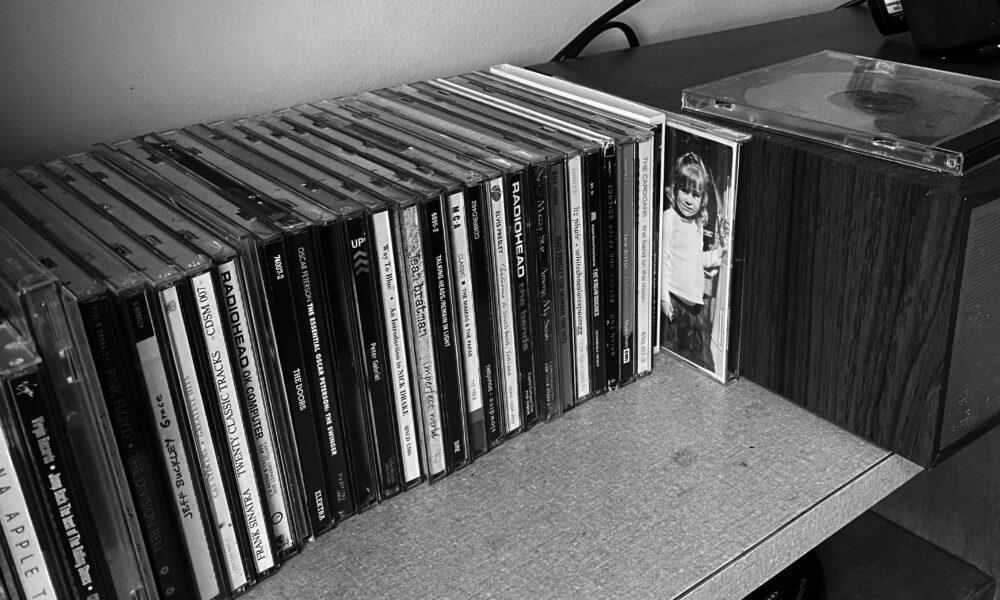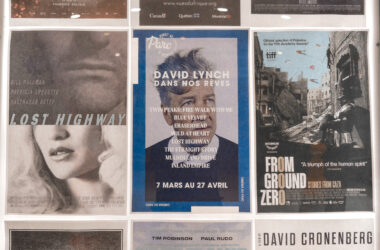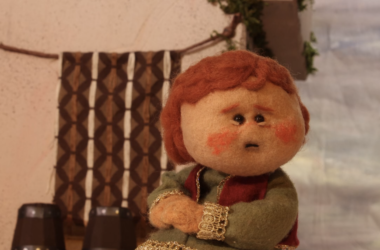In January 2024, magazine conglomerate Condé Nast announced that it would be folding Pitchfork, a music coverage site, into Gentlemen’s Quarterly (GQ), resulting in mass layoffs for the site. This sparked outrage for fellow journalists and readers alike—along with concerns for the future stability of cultural journalism. On Oct. 15, over 10 months later, this story received a surprisingly optimistic update: Five of the former Pitchfork writers have started their own publication, Hearing Things, a worker-owned music coverage site focused on making quality music journalism accessible.
“An antidote to the information overload that has poisoned the internet, we’re a destination for curated and considered music journalism,” the team told online music publication Resident Advisor (RA) in an article announcing the launch of the site.
From the outset, the Hearing Things team is prioritizing diversity, both in regards to the music that they choose to cover and the voices that cover it. The public frustration for the layoffs at Pitchfork was twofold: There were large attempts to add more women staff staff at both the writing and editorial levels over the past decade. This made the layoffs especially frustrating considering that many of the people fired were women, and the website was being folded into a men’s magazine.
Jill Mapes—former Features Editor at Pitchfork and current Hearing Things founding member— was fired in the mass layoffs from Pitchfork in February 2024. She took to X (formerly Twitter) to share her frustration:
“I’ve referred to my job at pitchfork as being on a ferris wheel at closing time, just waiting for them to yank me down. after nearly 8 yrs, mass layoffs got me. glad we could spend that time trying to make it a less dude-ish place just for GQ to end up at the helm,” Mapes wrote.
Hearing Things wanted to directly address gender marginalization within the workplace while constructing the new publication. On their website, they write about how when streaming was introduced, it promised to be a mass democratization of music. It has instead promoted a more monotonous, algorithmic consumption that leads to a lack of diversity in both the artists doing the creating and the genres they’re working within.
In an era of algorithmic music consumption, journalism and criticism are some of the only tools of mass media to combat artificial uniformity. Criticism allows us to challenge our opinions on the things we love—and exposes us to new artists, genres, and ways of thinking about them.
As a worker-owned publication, Hearing Things prioritizes labour equity within an industry that is often incredibly exploitative towards its employees, while also granting journalists more creative control.
On their website, the team writes that they hope to bring an unfiltered look to the work that they review, as well as—occasionally—a more casual tone. By letting their opinions loose and writing in a more approachable manner, they aim to build real trust with their new audience and pull in new readers who might have not previously engaged with art criticism.
Currently, the website’s content is free to view, but readers have the option of subscribing for as little as $7 USD /month or up to $1000 USD/year. This “patron” tier system is designed in the hopes of keeping the writing open and accessible to everyone while still adequately compensating workers.
It’s exciting to see the ways in which highly creative writers can adapt to publishing in the modern landscape. Whether working with or against social media conversations about music, these five writers have found a way to continue doing what they love while making space for the next generation of journalists to come.









